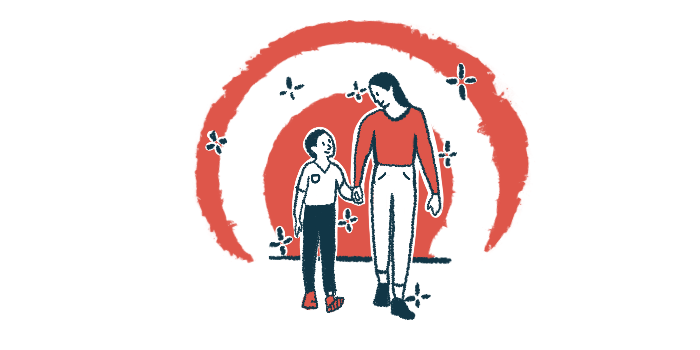Patients with more siblings report being better prepared for adulthood
Study provides insights on ways to support young adults with DMD, BMD
Written by |

Adolescents and young adults with Duchenne (DMD) or Becker muscular dystrophy (BMD) who have more siblings typically report being better prepared to transition to adult life, a new study has found.
Findings show people with DMD or BMD had the most difficulty with activities of daily living, education, and employment when navigating adulthood, and fewer needed help with healthcare, housing and transportation, and independent life and autonomy.
“This study provided valuable insights for developing interventions to support individuals with DMD and BMD in their transition to adulthood,” researchers wrote. “These results may be relevant for professionals aiming to develop training programs to facilitate the transition of people with DMD or BMD to new adult roles and responsibilities.”
The study, “Navigating adulthood: Exploring the transition needs of adolescents and young adults affected by Duchenne or Becker muscular dystrophy,” was published in PLOS One.
DMD and BMD are caused by mutations in the DMD gene that result in low or dysfunctional dystrophin protein (in the case of BMD) or no dystrophin protein being produced (DMD). Dystrophin helps protect muscles from damage during movements. Progressive muscle weakness and wasting are typical complications of muscular dystrophy.
Transitioning from adolescence to adulthood may be challenging
For individuals with special medical needs related to Duchenne or Becker, transitioning from adolescence to adulthood may be particularly challenging. Although significant attention has been given to facilitating their transition from pediatric to adult care, less focus has been put on achieving independence and autonomy in managing their lives.
In the study, researchers in Israel conducted questionnaires to assess the transition needs of people with DMD and BMD in several domains, including health, education and employment, housing and transportation, daily activities, and independent life/autonomy.
A total of 42 male patients, 25 with DMD and 17 with BMD, with a mean age of 24.1 years, participated in the study. All those with DMD needed full-time mobility devices, compared with 37% of BMD patients. Also, while all participants with Becker were able to breathe independently, a lower percentage (60%) of those with Duchenne were able to do so or used noninvasive respiratory support.
Transitioning to adulthood was evaluated using a toolkit recommended by Parent Project Muscular Dystrophy. It consists of six domains, namely healthcare, education and employment, housing, transportation, activities of daily living, and independent life and autonomy. Answers to each question had a three-point scale: need help (not started, made little progress), partially completed (started transition domain but more work is needed), and fully completed (successfully achieved the specific transition task and no longer needs assistance).
The levels of readiness for transition varied across patients, with median scores ranging from 2.12 in activities of daily living to 2.58 for independent life and autonomy.
The transition domains in which most participants reported needing help were activities of daily living (57%) and education and employment (52.5%). Across specific items, most patients had transition needs related to palliative care (66.6%), approaching employment and education support groups (76.1%), consultation with a social worker for housing assistance (76.1%), and assistive device consultation (64.2%).
Fewer patients needed help with healthcare, housing, transportation, autonomy
In contrast, the areas where less than half of the patients needed assistance were healthcare, housing and transportation, and independent life and autonomy.
Two specific items, about mobility using the family car (80.9%) and the accessibility of the family home (78.5%), had “very high” percentages of participants reporting having fully completed these tasks.
Having a higher number of siblings was significantly associated with all transition domains and was the only significant predictor of transition status.
In addition, older age significantly predicted status in one transition domain — education and employment. Having Becker or Duchenne did not result in significantly different transition scores.
“In conclusion, the study findings reinforce the impact of DMD and BMD on the transition to adult roles,” the researchers wrote. “More specifically, the survey data suggest that activities of daily living — mainly hiring an aide and consulting on accessories and assistive technology — is an important area of need…. Another domain with a high percentage of participants needing help was education and employment, especially in approaching support groups and initiating planning of living options after education.”





